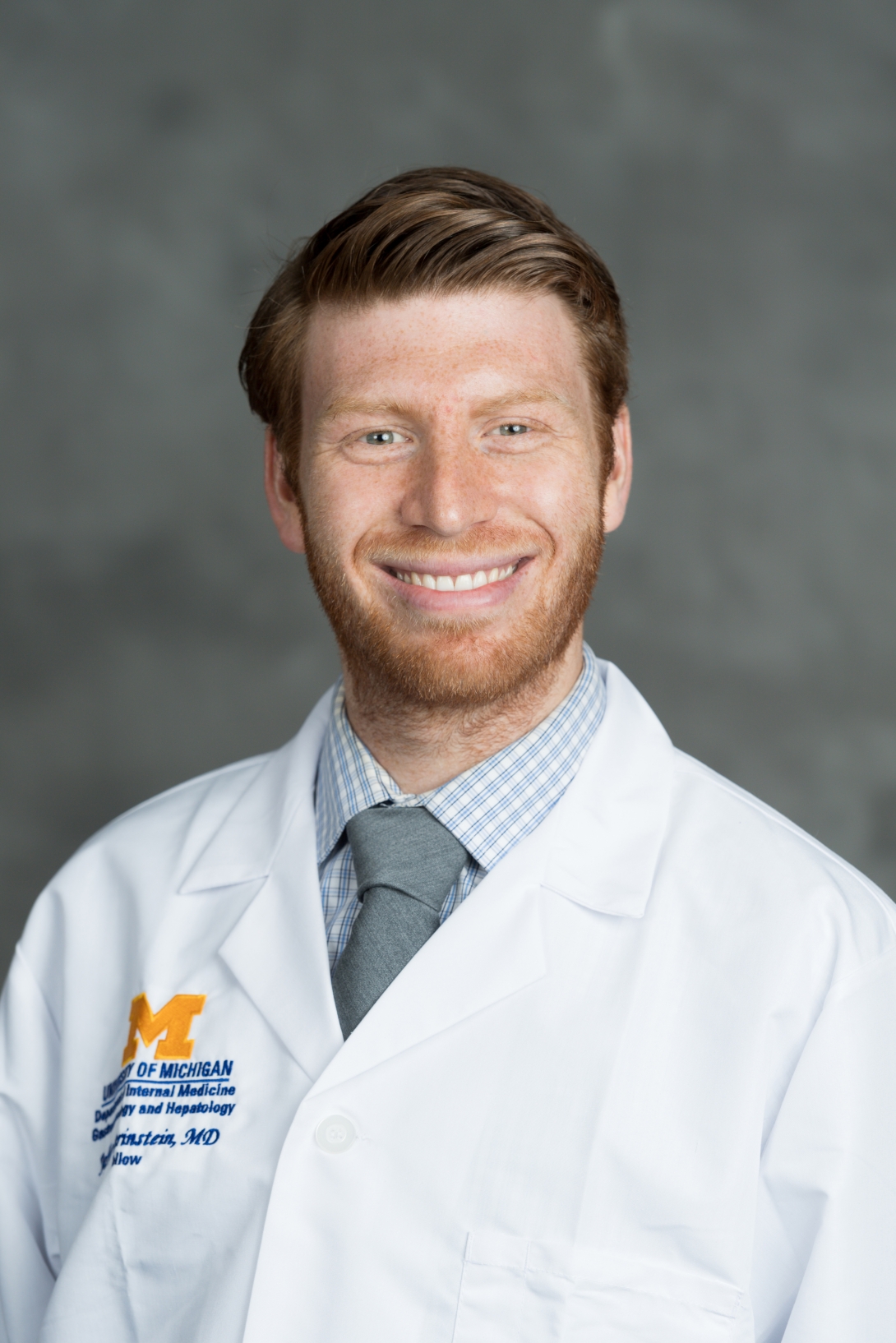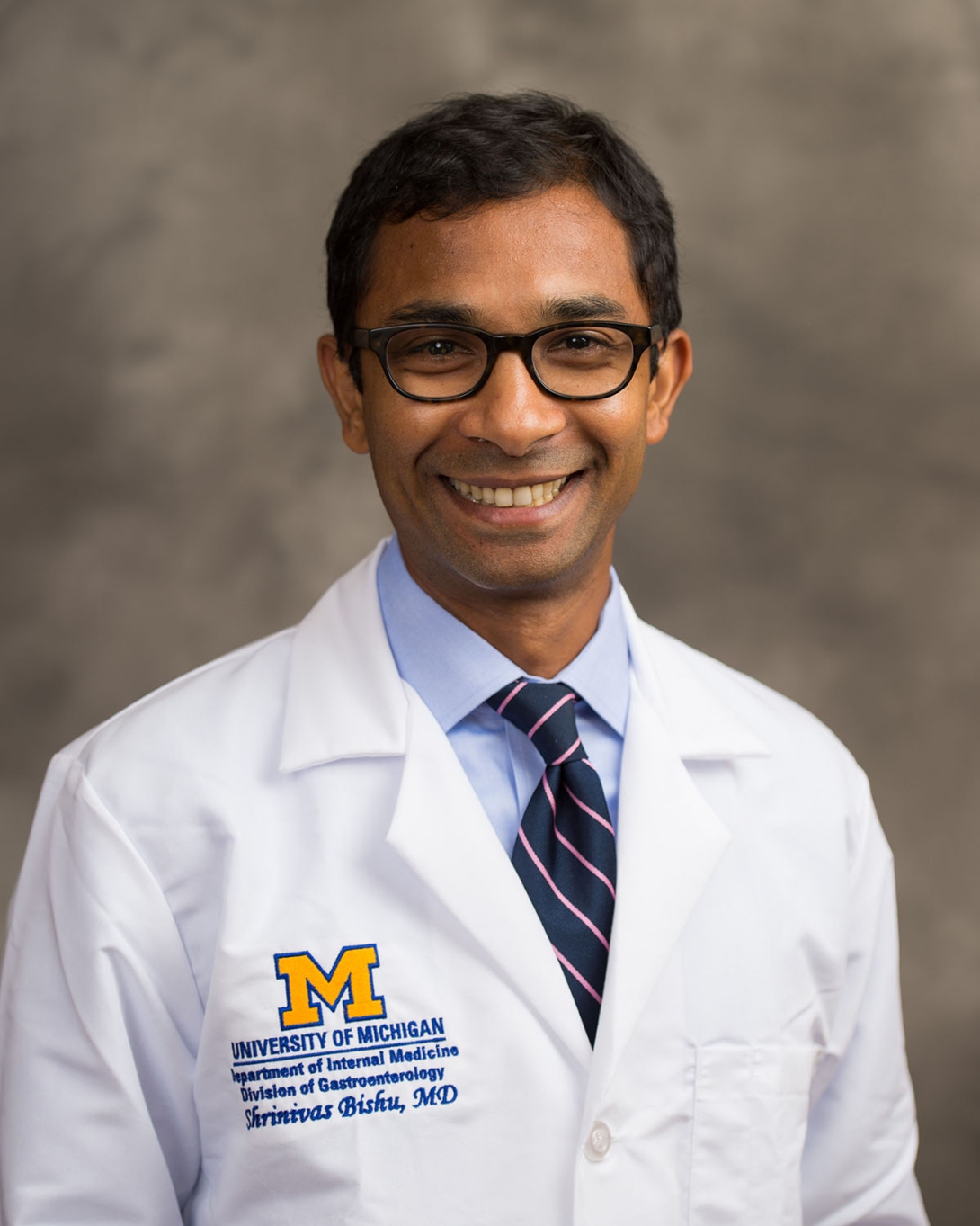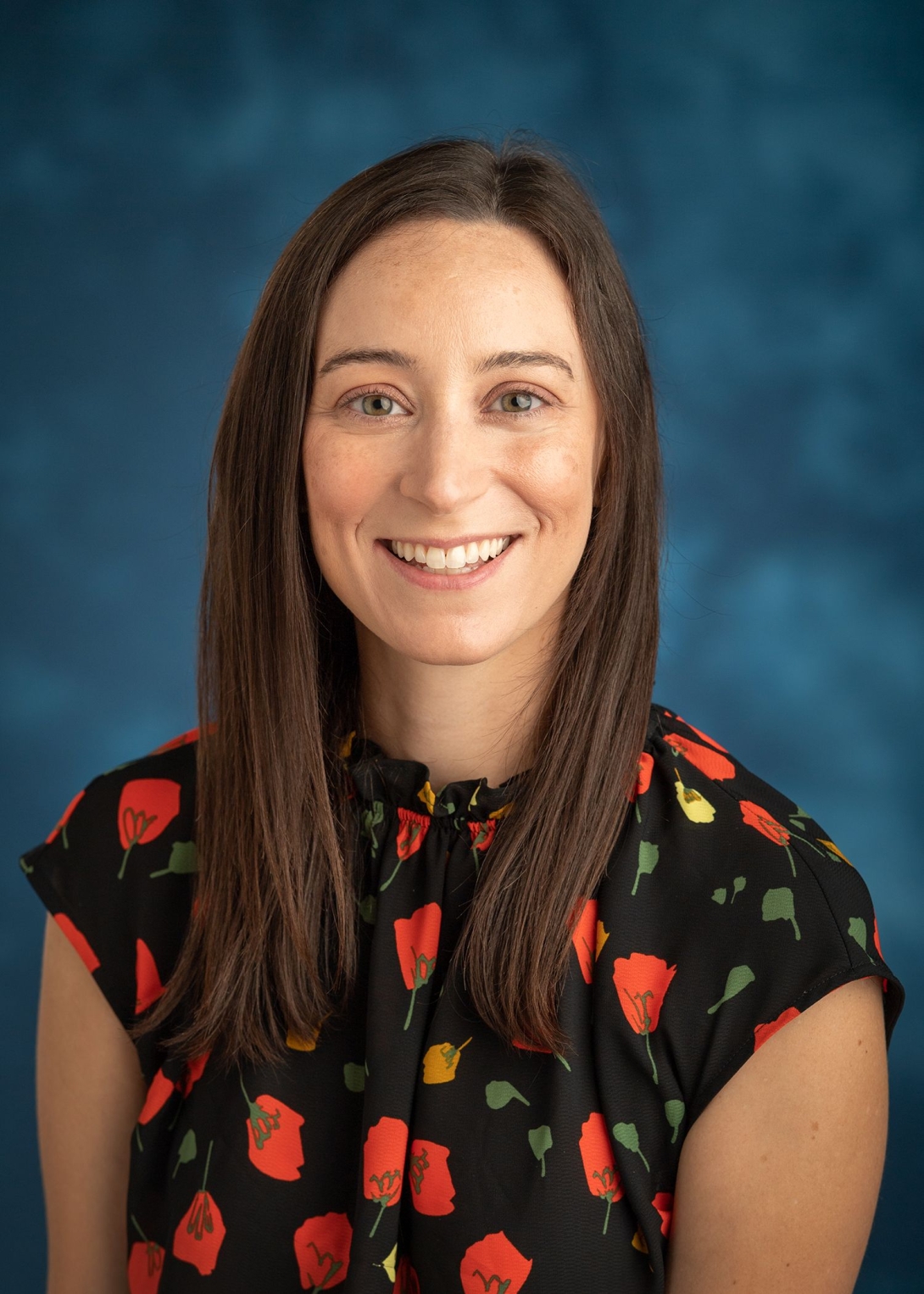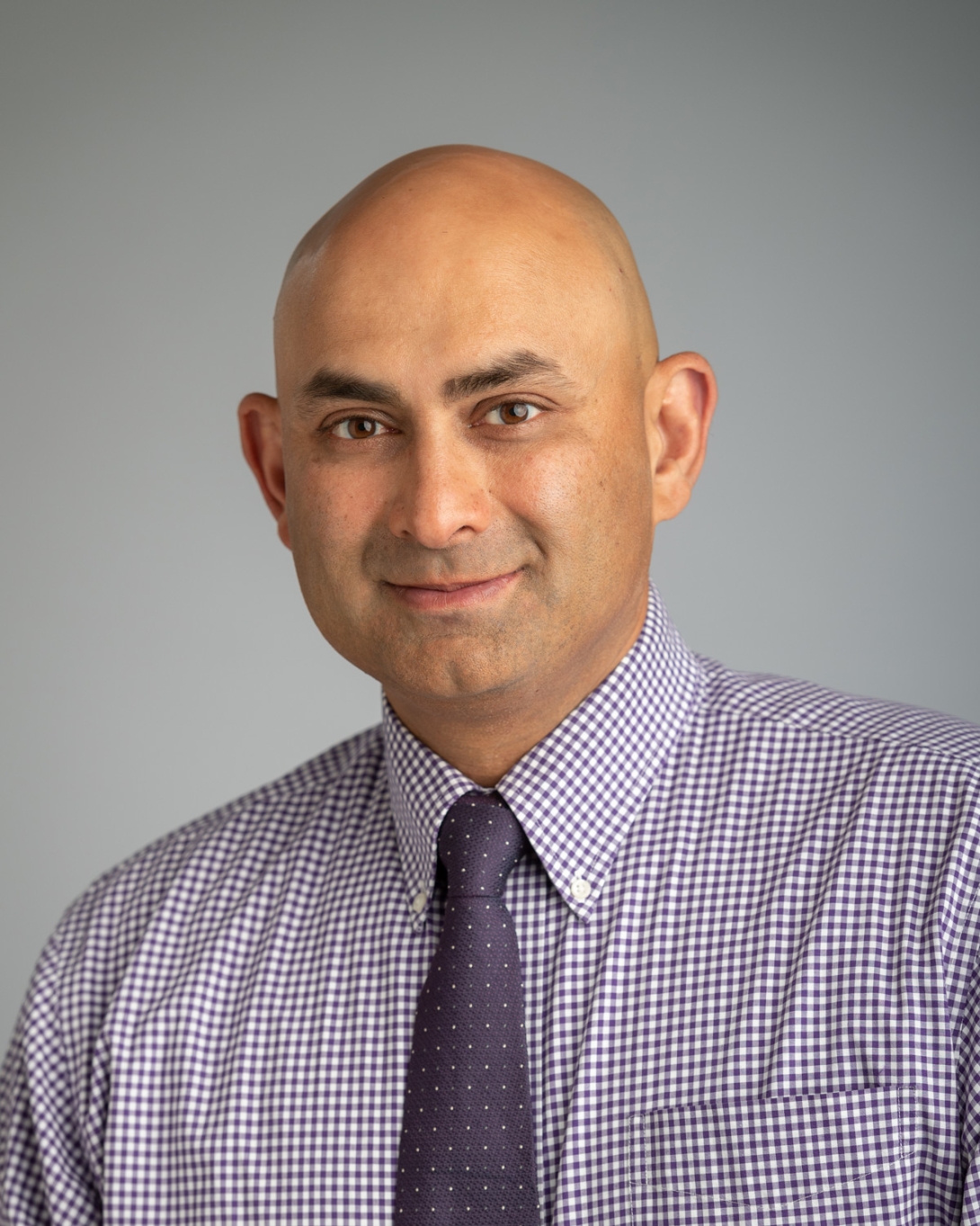
The U-M Medical School Department of Internal Medicine Division of Gastroenterology and Hepatology's Inflammatory Bowel Disease Program is an internationally recognized group of clinicians, surgeons, and researchers, led by Peter Higgins, MD, PhD, MSc and Shrinivas Bishu, MD.
Our program is committed to providing expert patient care and comprehensive educational opportunities as well as conducting relevant and innovative research with the goal of improving the quality of life of our patients.
The Division of Gastroenterology and Hepatology offers three fellowship programs, including our three-year GI Fellowship Training Program. Our faculty are also heavily involved with training activities within the Department of Internal Medicine and the U-M Medical School.
Our program sees thousands of patients with inflammatory bowel disease, providing consultations for patients from across the United States and throughout Michigan every year. Experienced medical decision-making, expert surgical knowledge, dedicated nutritional support services, and access to new treatments and clinical trials all merge to provide complete care for the complex issues associated with Crohn's disease and ulcerative colitis.
Our researchers study the molecular and genetic causes of Crohn's disease and ulcerative colitis to help better understand the underlying causes and mechanisms of these conditions. We are also engaged in clinical research to discover new methods of diagnosing, monitoring, and treating inflammatory bowel disease, supported by millions of dollars of competitive research funding. Our world-class research program collaborates with other centers internationally to improve the lives of people suffering from inflammatory bowel disease.
We are currently researching several areas of interest, including:
- Developing adaptive treatment strategies personalized to individual patients' unique needs using novel clinical trial methodology and machine learning prediction modeling.
- Identifying gaps in health care delivery to develop models that facilitate chronic care transitions, support self-management, and improve care quality.
- Integrating clinical outcomes and translational research to improve prognostication of disease course and therapy response in patients.
- Investigating molecular mechanisms of intestinal fibrosis using ultrasound to measure intestinal scarring and biomarkers to detect early scarring.
- Evaluating patient-reported outcomes, medication holidays after long-term remission, and biomarker-guided therapy.
- Developing new markers of disease activity that are minimally invasive, low cost, and can be performed in a doctor's office.
- Investigating mechanisms of immune dysregulation leading to diseases of the luminal gastrointestinal tract.
- Developing, evaluating, and implementing decision support systems for physicians.


Clinical Assistant Professor of Internal Medicine



Collegiate Professor of Gastroenterology
Professor of Internal Medicine



Professor of Learning Health Sciences
Professor of Internal Medicine and Assistant Dean
MM Office of Research
Most of our research is supported by grant funding from federal and state agencies, foundations, industry, and professional societies. However, to compete for such grants, our researchers must be able to show “proof of concept” preliminary data to show that their research ideas are likely to work. This is particularly true for highly innovative projects that have the potential to dramatically improve the diagnosis and treatment of Crohn's disease and ulcerative colitis.
The support of individual donors is needed to help jump-start our most promising research projects in their earliest stages, when they are not yet eligible for support from traditional funding agencies. With your seed funding; however, we can develop these ideas to the point where we can then compete for larger grants.